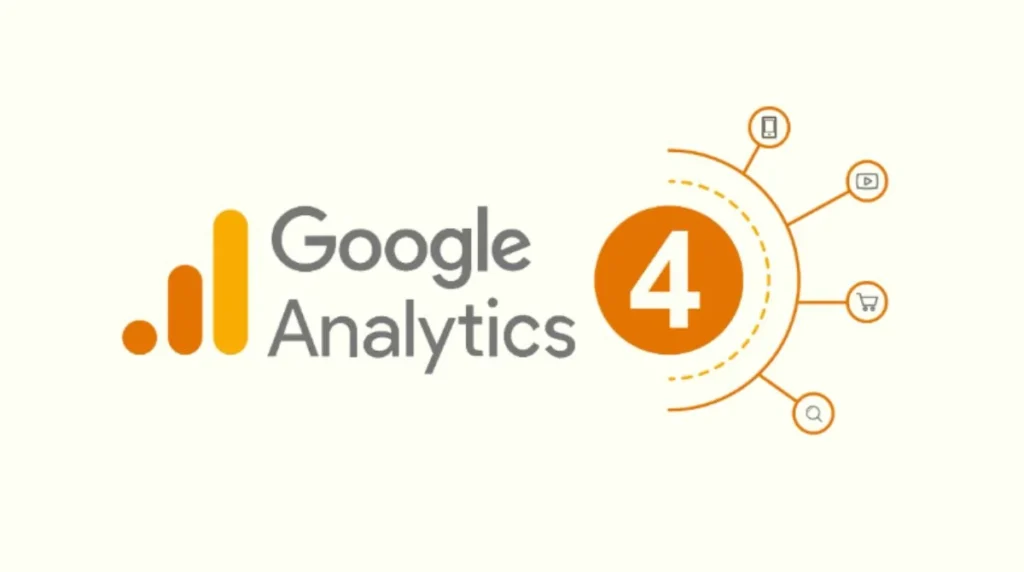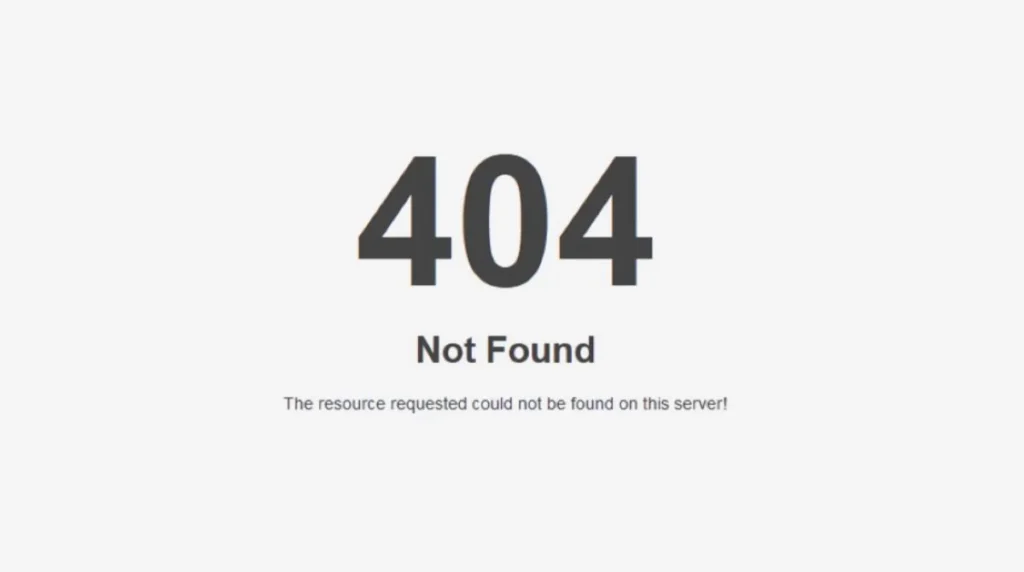Once they have a clear picture, they design a digital marketing strategy, a roadmap showing which channels to use (like SEO, social media, PPC, email) and how to coordinate them to meet your business objectives.
Strategist plans of a Digital Marketer
Research & Planning
First, a strategist studies market trends and checks out what competitors are doing. This helps them find gaps and opportunities. They also define target audiences by demographics, behaviors, or interests, so every message reaches the right people.
Strategy Development
Using their research, the strategist creates a plan, including which platforms to use, the messaging, budget allocation, timelines, and success metrics. They choose channels most likely to reach your audience effectively, for example, Pinterest for visual brands or LinkedIn for B2B businesses.
Content & SEO
Content is the backbone of any campaign. The strategist oversees blog posts, videos, infographics, and social media content. They ensure each piece is on-brand and optimized for search engines (SEO), using keyword research, link-building, and on-page improvements.
Paid Media & Social
They manage PPC campaigns on Google Ads or social platforms, set budgets, pick target keywords or audiences, and monitor performance. They also build a social media plan, blending paid and organic tactics and adjusting content based on real-time feedback.
Analytics & Optimization
A key role is to track performance using tools like Google Analytics, social insights, or ad dashboards. They measure KPIs, traffic, conversion rates, ROI, and adjust tactics to continually improve results.
Collaboration & Communication
Strategists collaborate with designers, copywriters, SEO experts, web developers, and clients. They present plans, explain data, and guide everyone toward shared goals.
Staying Updated
With digital platforms frequently changing, strategists stay up-to-date on algorithm updates, privacy changes, and trends. They adapt campaigns to new opportunities, like first-party data over third-party cookies.
Key Skills of a Digital Marketing Strategist
- Analytical Thinking: They analyze data, draw insights, and improve strategies.
- Marketing Knowledge: A firm grasp of traditional and digital channels, SEO, email, content, paid, social.
- Strategic Planning: They set clear goals and channel plans.
- SEO & SEM Expertise: They know how to optimize content and run paid campaigns efficiently.
- Tech & Tools: Comfortable using analytics, CRM, CMS, email platforms, reporting dashboards.
- Communication: They explain complex ideas simply and inspire teams.
- Adaptability: Quick to react to platform or algorithm changes.
- Teamwork: Coordinate cross-functional teams to execute plans smoothly.
Benefits of Having a Digital Marketing Strategist in a Small Business
- Smarter Budget Use: No more wasting money on random ads.
- Better Customer Targeting: Focuses on people most likely to buy.
- Time-Saving: Streamlined plans mean less trial-and-error.
- Consistent Branding: Keeps your messaging clear across all platforms.
- Scalable Growth: Builds a foundation that can grow with your business.
- Results Tracking: Uses data to improve campaigns over time.
Essential Tools Every Digital Marketing Strategist Uses
A digital marketing strategist relies on smart tools to plan, execute, and measure campaigns. Here are some must-have tools they often use:
For Research & SEO
- Google Analytics: Tracks user behavior, traffic sources, and conversion paths.
- Google Search Console: Monitors site performance in search results.
- Ahrefs / SEMrush: Finds keywords, tracks competitors, audits backlinks.
- Ubersuggest: Budget-friendly tool for keyword ideas and SEO audits.
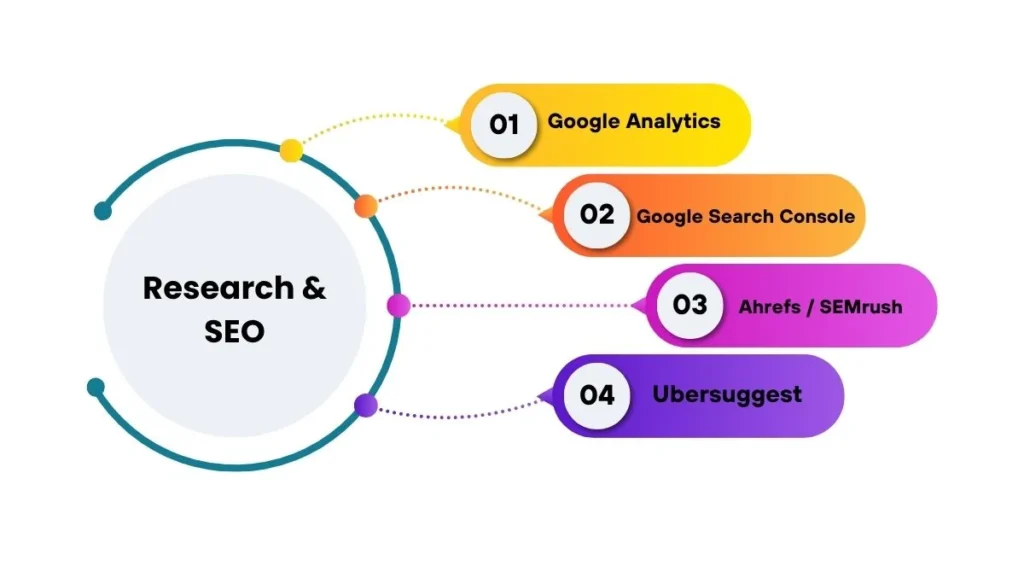
For Social Media & Ads
- Meta Business Suite: Runs and manages Facebook/Instagram ads.
- LinkedIn Campaign Manager: Ideal for B2B lead generation.
- Canva: Designs quick and clean social graphics and ad creatives.
- Hootsuite / Buffer: Schedules posts and analyzes engagement.
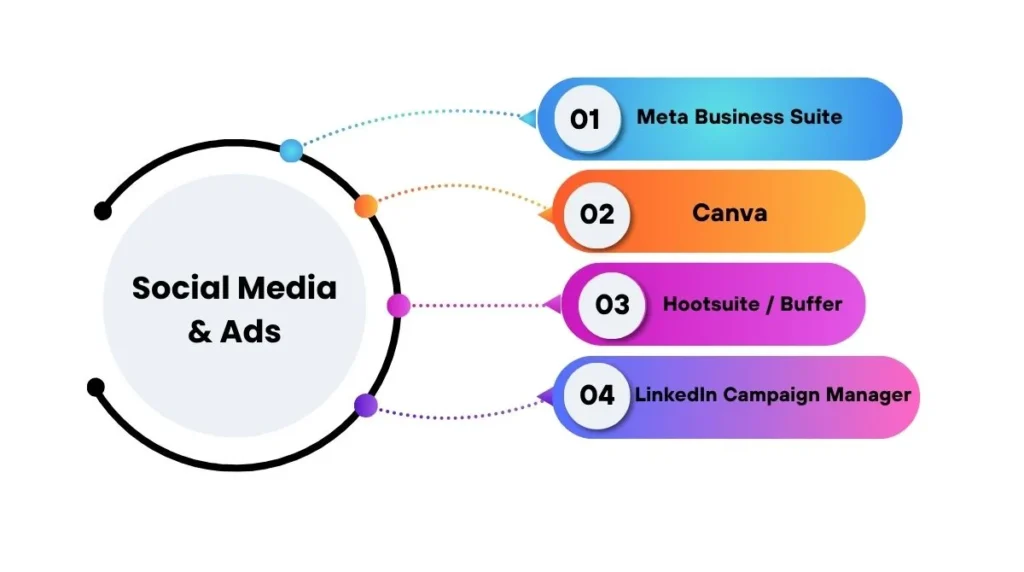
For Content & Email Marketing
- Google Docs / Notion: Organizes content plans and strategy documents.
- Grammarly: Ensures content is grammatically correct and polished.
- Mailchimp / Klaviyo: Sends email campaigns, automates flows, tracks opens.
- AnswerThePublic: Helps find content ideas based on what users are searching.
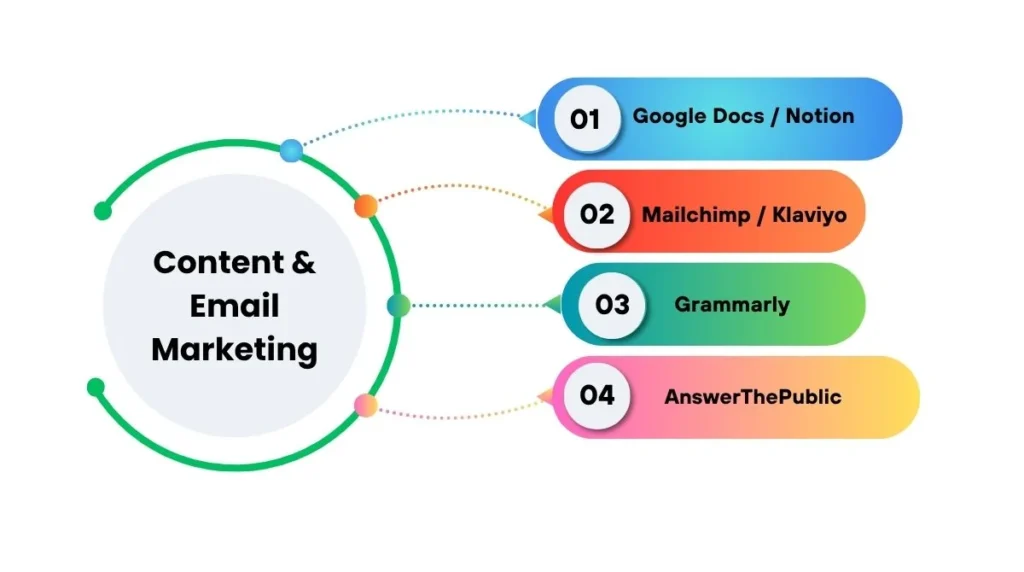
For Analytics & Reporting
- Looker Studio (formerly Data Studio): Creates detailed performance dashboards.
- Hotjar: Tracks user heatmaps and website behavior.
- HubSpot CRM: Combines marketing data with sales tracking.
- Trello / Asana: Keeps campaign tasks and collaboration on track.
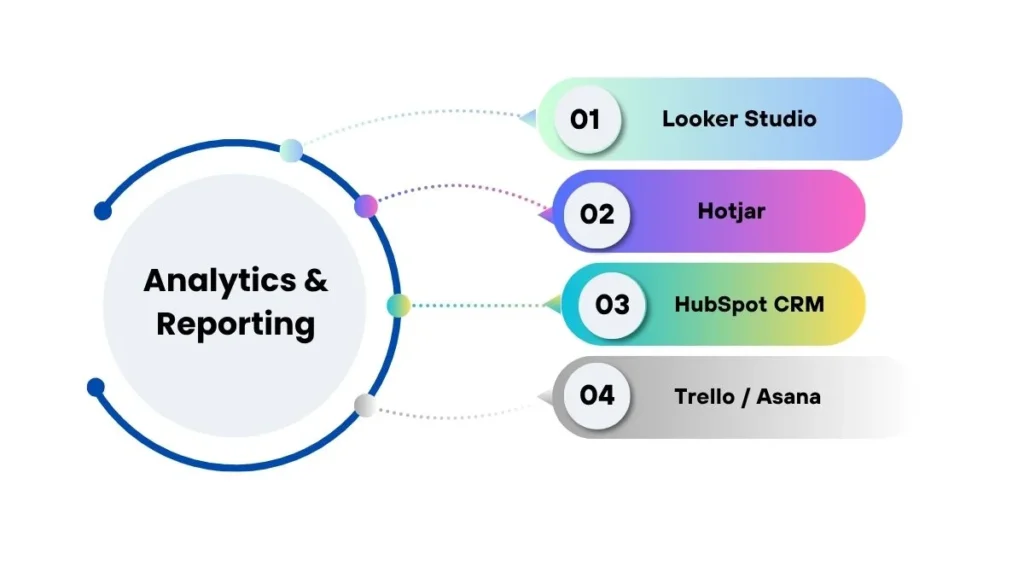
A Day in the Life
Every day is different, but here’s a sample schedule:
- Morning: Review campaign dashboards, check trends, tweak ad bids.
- Late Morning: Meet with content or design teams to align on deliverables.
- Lunch: Browse digital marketing updates and algorithm news.
- Afternoon: Analyze data, update strategy docs, revise budgets.
- Late Afternoon: Call with clients to report on results and next steps.
As one strategist on Reddit described:
“In terms of the day-to-day, strategists spend a lot of time ‘planning’. This means talking to people, from all of these conversations, you’ll build a plan, then work with specialists to monitor the campaign’s performance and optimize”.
Why You Need One?
Hiring a digital marketing strategist means investing in someone who connects business goals with online marketing tactics. They provide clear direction, avoid wasted ad spend, and base decisions on data, not guesses. They also ensure collaboration across teams and stay current with trends, giving your brand a real edge.
5 Steps to Nail the Role Yourself
- Get Educated: Study marketing basics and digital platforms.
- Hone Tools: Learn Google Analytics, Ads, SEO tools, and email software.
- Gather Experience: Work on campaigns, even small ones, or volunteer projects.
- Stay Updated: Follow blogs, subreddits, and official platform news.
- Measure & Improve: Treat every campaign as a learning opportunity; iterate often.
Conclusion
A digital marketing strategist is the mastermind behind successful online marketing. They research, plan, execute, track, and refine campaigns that deliver real results. By combining analytical skills, creativity, technical know-how, and teamwork, they ensure your marketing efforts align with your business goals and adapt as the digital world evolves. If you’re looking for honest, clear, and practical guidance, that’s exactly what a strategist brings, turning digital marketing chaos into a focused roadmap that grows your brand.


